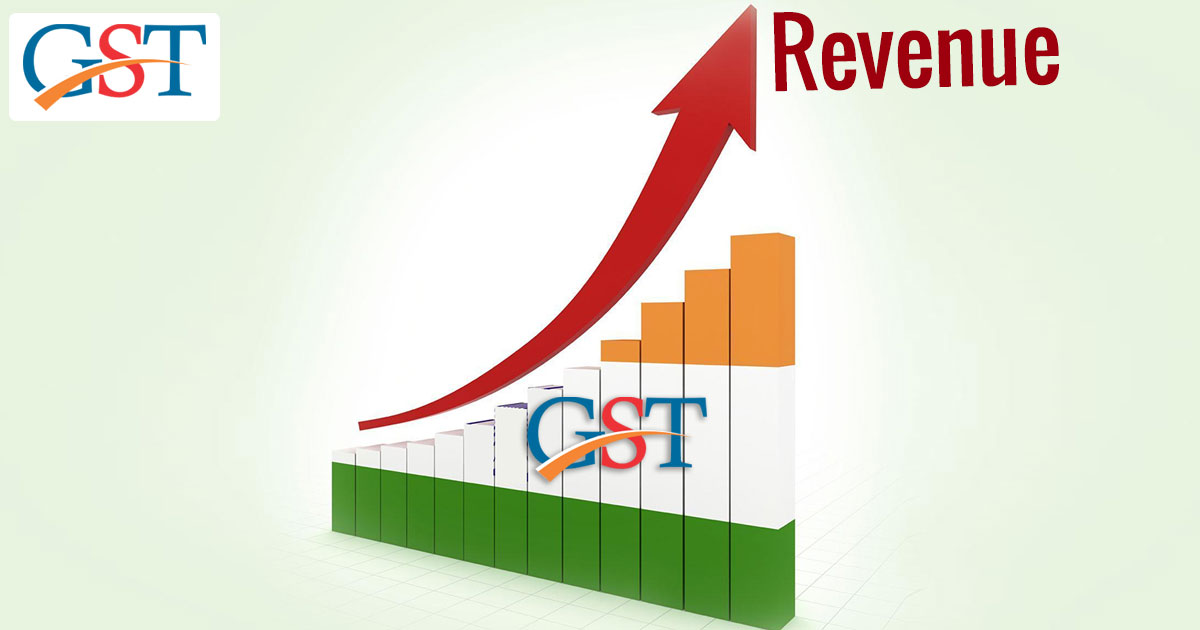It has been more than four months after GST roll-out and now it seems that revenue loss chances have reduced. Data collected from GST Council shows that States are continuously enhancing GST collection by the remission of last due dates, a release of late payment charges for some time, and efforts of the government to attract towards compliance.
The average decrease in collection of GST revenue by states fell short to 24% in September and forward to 17.6% in October from the peak of 28.4% in August, which assists the positive attitude of state finance ministers that revenue collection under GST will strengthen in upcoming months. There is a relation between monthly GST receipts of states and sales made in the last month.
GST, which is positioned at making a common market in the country by eliminating cascading effects of GST in reducing many local taxes, has amended a lot of provisions after implementation on 1 July. The most of the tweaks till now in GST has been announced by GST council’s 10 November meeting in which the council reduced taxes on 200 products to relax the tax burden on businesses, released of late payment, and made easy compliance structure to comfort the businesses.
The amendments are estimated to amount the centre and state government Rs. 20,000 crore in a particular year. R. Muralidharan, Sr. Director at Deloitte India said, “The tax rate cuts may cause a revenue shortfall initially, but if the demand for such products as well as compliance by businesses picks up, it could help to offset the revenue loss over a period.”
But prior the recent tax reductions were proposed, both union and state GST revenues and cess, recuperated from the pip viewed in August month. The accumulated GST revenue collection in October month was Rs. 95,131 Crore, which is 2% high from the previous month.
Receipts of state government reached along with a hike of more than 44% in September with respect to the preceding month and scaled up forward by 8.5% in October to touch Rs. 35,634 crore. The estimated state GST collection aim is approximately Rs. 43,000 crore in a particular month.
Read Also: Government to Introduce GST Seva Kendras For Small Businesses
Delhi scored highest with the low revenue shortfall in the list of state and union territory, chased by Maharashtra, Andhra Pradesh, Tamil Nadu, Telangana, Kerala, Haryana, and Gujarat in the list.
The decaying effects of the shortfall in production due to unsurety regarding GST implementation in July is assisting the enhancement in revenue surge. Economic experts say that the fall down in economic health viewed in the June quarter to a three-year-low of 5.7% has beforehand reached the nadir.
The other reason for revenue enhancement in September is the consignment from small businesses which are needed to furnish returns and render taxes once in three months on the basis of an exclusive window which is named as the composition scheme.
GST benefits don’t contain tax collection from products like chosen fuels, electricity, and land that are excluded from the indirect tax system. Common customs duty charged by the central government is also excluded from GST net.
The newly implemented tax kept the obligation of broadening the tax base and create taxation more apparent but the refined IT-driven dealing of returns presumed in GST has created compliance strict which inspired the GST council to carry on some before GST time schemes for exporters and cancel the adamant combination of invoices from purchasers and suppliers till the financial year ends.
At 23rd meeting of GST council on 10th November, the GST council diminished the late payment charges for taxpayers furnishing “Zero tax” returns to Rs. 20 which is less than prior Rs. 200. The charges were eliminated for late fee payment in July-September period.
An anonymous who is a state finance minister said that the high leap in the tax base that can be seen in upcoming time will be apparent in income taxes as small businesses will begin unfolding their total revenue and start paying direct tax.
